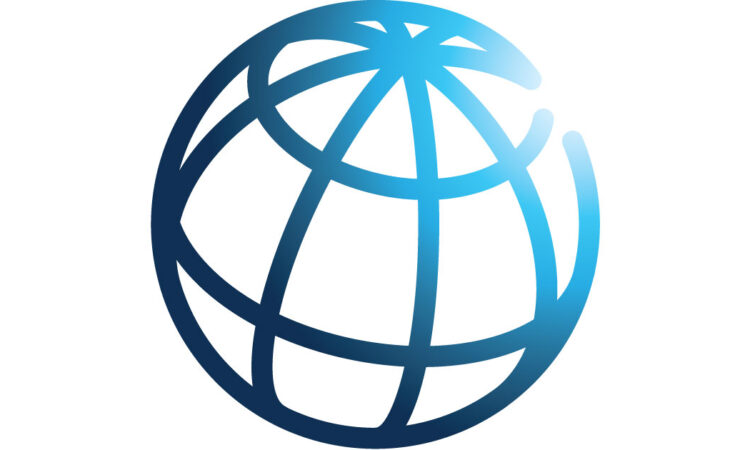
The World Bank‘s Robert S. McNamara Fellowships Program (RSMFP) matches aspiring development economics researchers from developing countries with World Bank research economists, creating unique opportunities for the fellows to participate in rigorous policy-relevant research in the World Bank’s Development Economics Vice Presidency (DEC). Fellows will be hosted at the World Bank in Washington, D.C. for 8 months (September to May each year) and work under the supervision of researchers in the World Bank’s Development Impact (DIME) and Development Research Group departments, engaging in high-quality and policy-relevant research projects.
By working with World Bank DEC researchers and their external academic collaborators from top universities, fellows will learn current research standards, acquire new econometric skills, and network with leading researchers in their field. They will have a unique opportunity to participate in rigorous policy-relevant research and widen their perspective on potential development questions, and how their research can address challenges in the developing world.
The applications for the 2024 cohort are now closed.
Key Program Features
Professional experience: Fellows will work on World Bank projects under the direct supervision of World Bank DEC researchers and will be offered training on cutting-edge research practices and technologies and engage with the World Bank operations. Depending on the nature of projects, fellows may contribute to DEC’s published work, co-author with DEC researchers, join field missions, or directly engage with World Bank clients.
Capacity building: Fellows will receive a one-week technical onboarding at the start of the program, including training on reproducible research practices. During the program, fellows will participate in hands-on trainings and seminars by top economist, to further build skills. Through their work with DEC economists, fellows will enhance their ability to identify, study, and write about important development policy questions.
Research dissemination: Fellows will be invited to write a blog based on their fellowship research within DEC. This is an opportunity to showcase their research and contribution to development policy discussions. Each year, the top 4 blogs will be published on DEC’s Let’s Talk Development blog.
Compensation & Benefits
The RSMFP offers a competitive compensation, totaling $46,500 net of income taxes for the 2023-24 cohort, per fellow for an 8-month fellowship (paid in monthly installments). Since the fellows will be hosted at the World Bank in Washington D.C., the World Bank’s HR Operations unit will assist the selected candidates with their application for G4 visa.
Note: The fellowship does not cover travel expenses.
Financing
The RSMFP was established in 1982 by a resolution of the Executive Directors to award fellowships to young researchers to study in the fields related to economic development. Funding for the program was initially provided by the Governments of Bangladesh, China, India, Kuwait, Nigeria, Pakistan, Peru and former Yugoslavia.
Governance
The RSMFP governance includes a Steering Committee, Selection Committee and a Secretariat. The Steering Committee, comprised of representatives from the World Bank Executive Director offices of the donor countries, meets annually to review progress. The Selection Committee, comprised of World Bank DEC directors from the research and impact evaluation departments, makes selection decisions based on the selection criteria and fellowships development objectives. The Secretariat supports the Selection Committee in all its work and manages day-to-day operations, prepares policies and procedures, oversees onboarding, and manages development partner relations.
RSMFP Secretariat
For general inquiries, contact us at [email protected]





